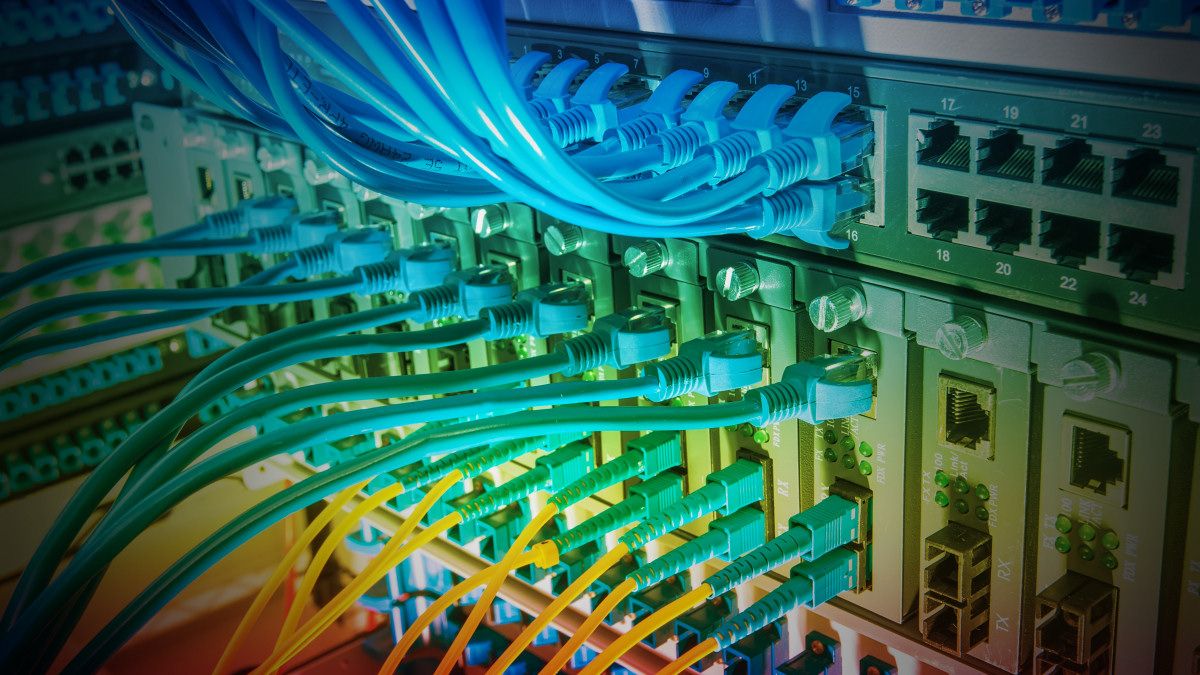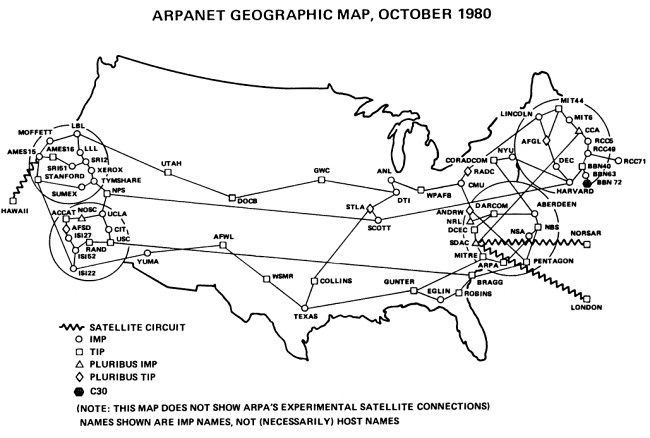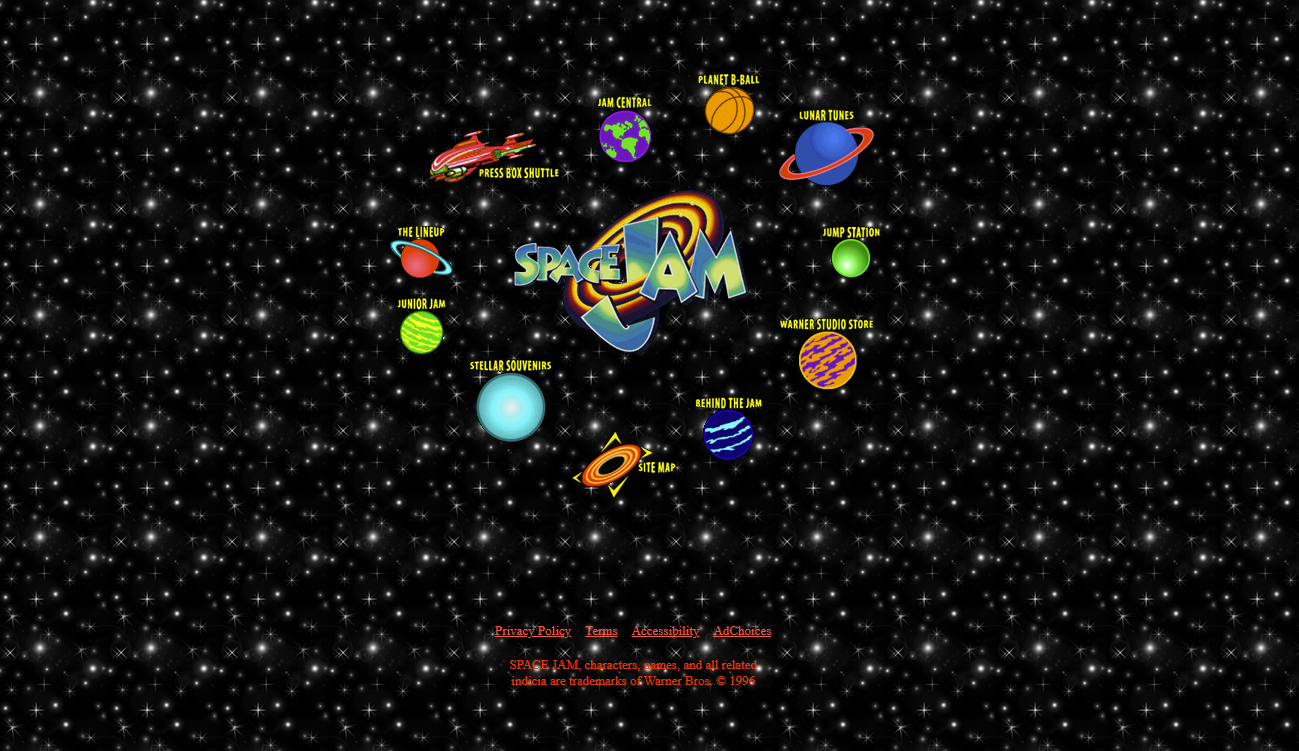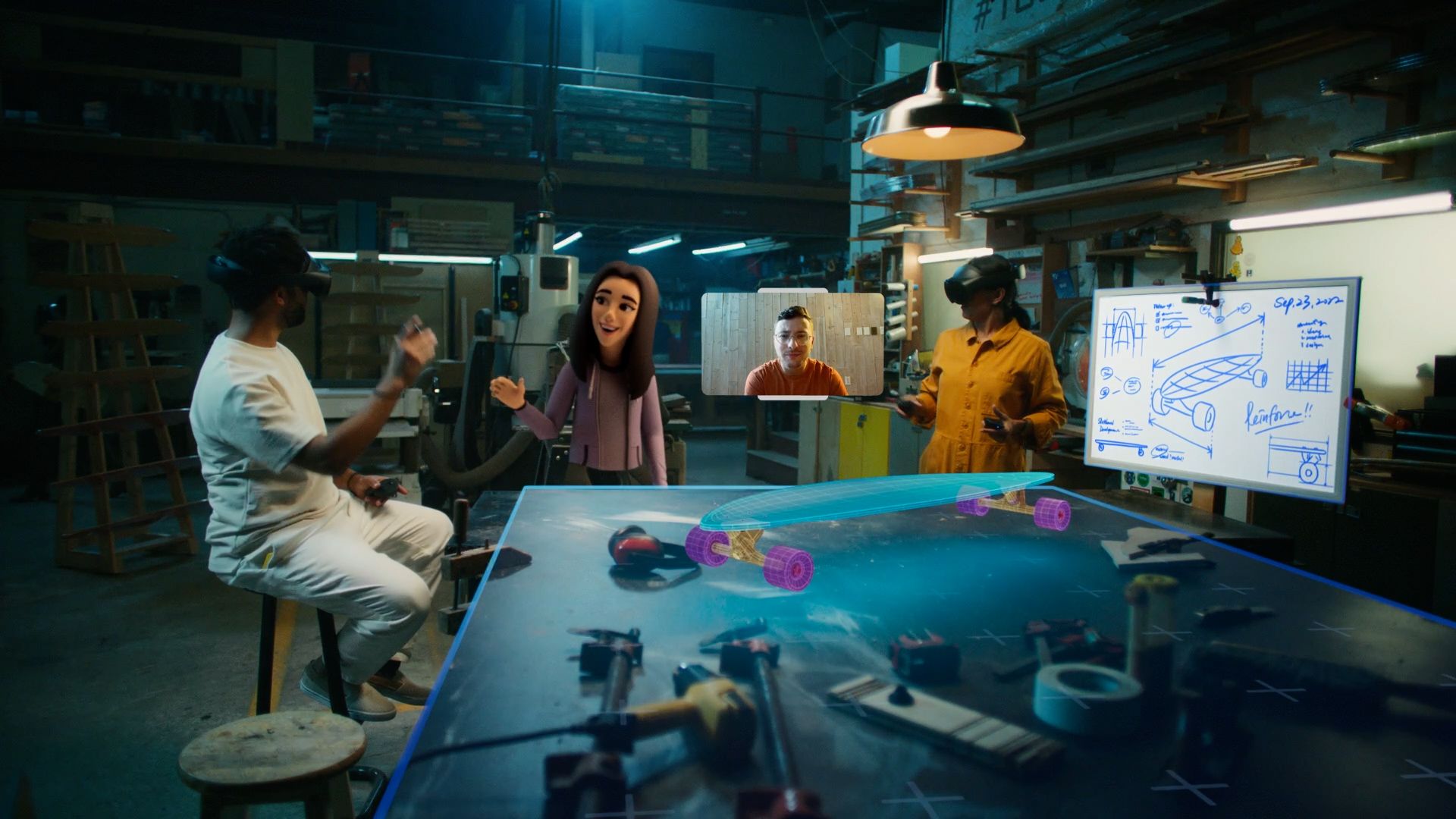Summary
- The Internet predates the web by decades, dating back to the late 1960s with ARPANET.
- The web emerged in late 1980s with Tim Berners-Lee introducing the World Wide Web.
- Emerging technologies like the decentralized web could replace the web as the main access point for information.
Most people use the terms “web” and “internet” interchangeably, and, for the most part, that doesn’t make much of a difference. However, the truth is that the web and the internet are two related, but entirely different things and the web might not be around forever.
The Internet Came First
The internet predates the web by decades. The basic foundation of the internet was laid in the late 1960s with ARPANET, a military project aimed at creating a communication network that couldn’t be knocked out by destroying a central hub.
Knock out some physical infrastructure, and data packets will find a different route to their destination. Perfect for an event like a nuclear attack. After all, this was right in the middle of the Cold War. So everyone was living under the bomb!
The modern Internet Protocol (IP) we still use today was developed for ARPANET and the internet that would eventually grow from it. By the 1980s TCP/IP (Transmission Control Protocol/Internet Protocol) was pretty much standardized. This let any computer or device communicate over the network, because they spoke the same “language.”

Related
However, the internet lacked a friendly face. Everything was text-based, and services like e-mail, FTP (File Transfer Protocol), and crude early forums (e.g. Usenet) were how a select few ultra-geeky folks became part of the small internet club.
The Web Is Just One Service That Runs on the Internet
At the end of the 80s, Tim Berners-Lee introduced the world to the “World Wide Web” or as most people today know it: the Web. This is what the “WWW” at the start of an internet address stands for.
The web gave us graphical pages with pictures and even animations and video. Of course, early websites were pretty simple, such as the (now legendary) Space Jam movie site.
The web consists of several technologies that all have to work together:
- HTTP (Hypertext Transfer Protocol) is the protocol that allows your web browser to request a web page from a server. The initial version wasn’t very secure, so these days every site (hopefully) uses HTTPS. The secure encrypted version.
- HTML (Hypertext Markup Language) is the code used to write web pages. Your browser interprets the HTML in a website to know how to display that site correctly.
- URLs (Uniform Resource Locators) are the web addresses you type into the address bar of your browser. This works with DNS to quickly find the physical server that has the website data your browser needs to show you the site.
Because the web is such a dominant part of everyday internet usage, many people assume it is the internet. But in reality, it’s just one of many services that operate over the internet such as:
- Email (via SMTP, IMAP, and POP3)
- Messaging services (like WhatsApp, Signal, and IRC)
- File sharing (via FTP, BitTorrent, and cloud storage services like Dropbox)
- Online gaming (which relies on different networking protocols to connect players globally)
- Streaming services (such as Netflix and Spotify, which use various content delivery networks and streaming protocols)
The web is used to weave these services together seamlessly, but by and large the web is just the surface of the internet. It’s the pretty face that makes the internet easier to use.
The Web May Be Replaced, but the Internet Is Forever
Just as the web replaced earlier internet services like Gopher, new technologies could one day replace the web as the main way we access information. Emerging trends like the decentralized web (Web3), the metaverse, and AI-driven interfaces could shift how we interact online.
Think of social media platforms like FaceBook, which are much larger today than the whole internet was a few decades ago. For many people in the world, FaceBook is their entire internet experience. They get news, shopping, social interaction, and everything else from this one online service.
While I don’t think the open web where anyone can start a site will go away, the future internet may not be as synonymous with the web as it is today.







